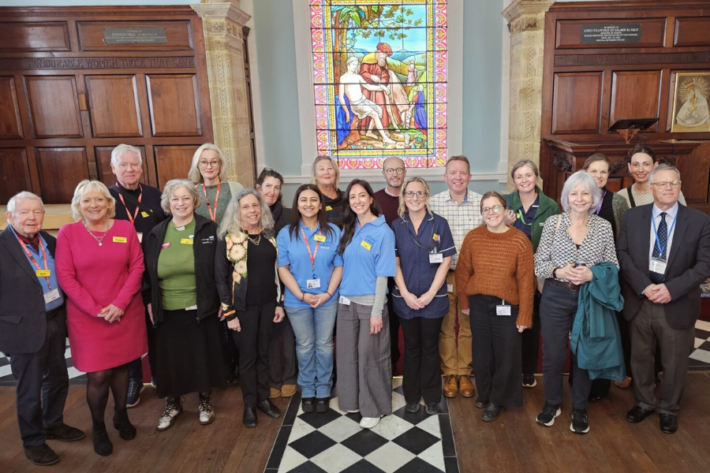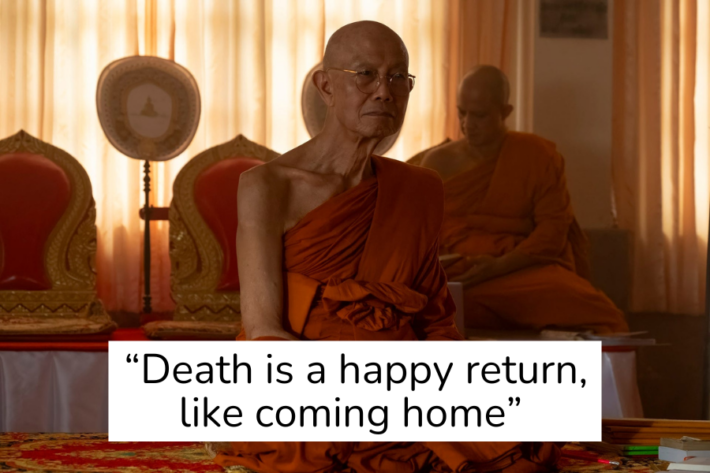Have you got your ‘House in Order?’

The 8th May 2024 will be the UK’s first Advance Care Plan Day. This year’s theme is ‘Getting your House in Order’ – which is built on a foundation of ‘What Matters Most’ to you. The different elements of Advance Care Planning are explained below.
What is Advance Care Planning?
Advance Care Planning helps people think ahead about what matters most to them as they near the end of their life. While most adults can decide on their treatment, this ability might change due to illness. For example, conditions like dementia, brain damage, or severe learning disabilities can affect decision-making. It’s a good idea to talk about your care and treatment preferences with your family and friends, as well as with your GP, and other healthcare professionals. This process is called advance care planning.
Advance plans aren’t just about medical treatment. They can also cover everyday decisions, like where you’d want to be cared for if you can’t take care of yourself. If you haven’t made an advance care plan and you’re unable to make decisions for yourself, medical staff will consult your family, or make decisions on your behalf.
Some of the reflective questions someone might ask themselves include – ‘What do you not want to happen?’, ‘Who will speak for you if you were unable to?’, or ‘What do you want to be remembered for?’.
An output of Advance Care Planning might be the creation of an Advance Care Plan and other Advance Care Planning documents.
There is not one right or set way to do this.
What is an Advance Care Plan?
An Advance Care Plan is a document that outlines what someone would and would not want to happen in the future. Once completed it should be shared with at least one trusted person, their GP, and anyone who might be involved in their care now or in the future. It’s like a Last Will & Testament but instead of being about things you own… it’s about you!
Advance Care Plan documents can be updated at any time in the future and whenever life and health circumstances change.
Recommended Summary Plan for Emergency Care and Treatment (ReSPECT)
The ReSPECT process creates personalised recommendations for a person’s clinical care and treatment in a future emergency in which they are unable to make or express choices.
These recommendations are created through conversations between a person, their families and their health and care professionals, to understand what matters to them and what is realistic in terms of their care and treatment.
ReSPECT is being rolled out across a network of health and care communities that will adopt and implement the process using different timeframes, according to local or regional circumstances. Once ReSPECT has been adopted and introduced into your locality, your local healthcare team will be able to guide you further.
Use this link for more information about Advance Care Planning and Advance Care Planning Day.



